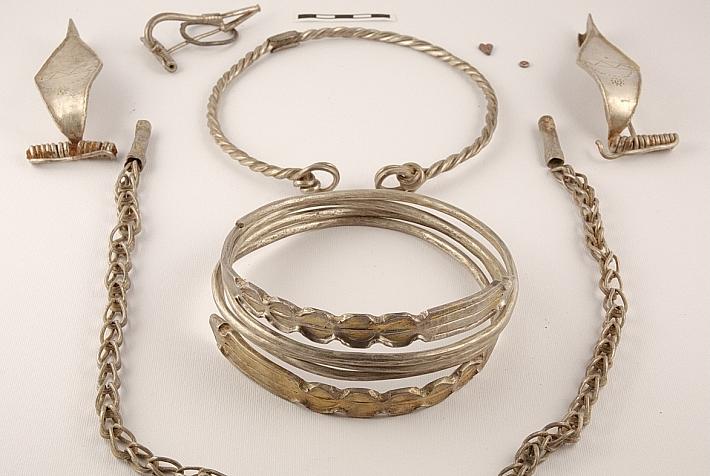A few thousand Dacia employees in Romania protest for Sibiu-Pitesti highway

About 7,000 people, most of them union members of the Dacia car factory and their relatives took to the streets on Thursday in Mioveni, near Pitesti, asking the Government to start working on the Sibiu-Pitesti highway.
The Sibiu-Pitesti highway is part of Pan-European Corridor IV, which goes from the Black Sea port of Constanta to Arad in Western Romania. The project would thus benefit from European non-refundable financing, but the Romanian Government has been postponing it.
Transport Minister Ioan Rus said on Wednesday that work on the Sibiu-Pitesti highway would start in two years although the European Commission recently asked the Romanian authorities to make this 160-kilometer piece of highway a priority in their new Transport Master Plan.
The Dacia employees fear that French group Renault might decide to close the factory in Pitesti and move the production of the Dacia brand to its other plants in Turkey and Morocco, if the highway isn’t built. Dacia’s general manager Nicolas Maure recently warned that the company might make “radical decisions” in 2020, if no highway.
“We’ve been lied to in the past years that this highway, which has EU funding, will be built. However, the Government is insisting on building the Brasov-Comarnic highway that is financed from the state budget. It seems that the Government doesn’t understand that Romania’s priority is keeping the jobs and that there’s a high risk that after 2020 the largest car manufacturer in Romania will leave the country,” said a Dacia union leader, according to Agerpres.
He added that Dacia will start layoffs this year as the company is trying to make its production process more efficient and compensate for the high transport costs generated by the lack of a highway from Pitesti to Western Europe.
Some 500 of the 14,000 employees of the Dacia car factory in Mioveni will be laid off this year, according to Digi24 news station.
The protesters in Mioveni said this was the last peaceful march for the highway and that the following actions will be more radical. They also asked the Government to change some of the regulations in the Labor Code that are unfavorable for employees.
Prime Minister Victor Ponta answered to the protesters in a way that is not likely to appease them. He asked them to be rational and not jeopardize their jobs by continuing with the protests. “As far as I know, they (Dacia) make a profit. I also know that if they (the employees) continue the protests, the company will move production to Morocco,” said Ponta, who attended the opening of a new car parts factory in Codlea, near Brasov.
He added that the Government has supported Dacia with state aids.
Romanian Transport Ministry: Sibiu-Pitesti highway, due by 2020
Construction of Sibiu-Pitesti highway in Romania to start in two years
editor@romania-insider.com











